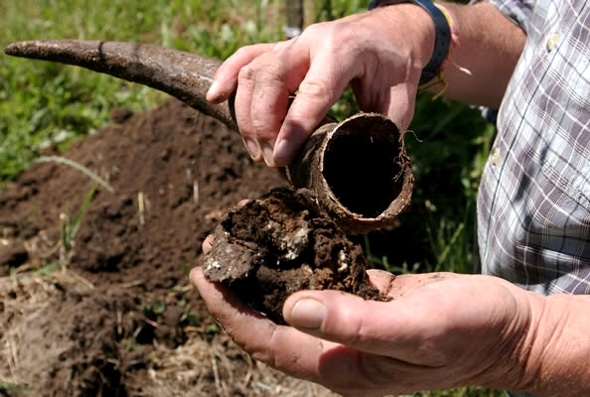
Subscribe to our newsletter
Sustainable Winemaking
Practices Shaping the Future
7/11/20242 min read


Introduction
As global awareness of environmental impact increases, the wine industry is experiencing a significant shift towards sustainable practices. This week, we delve into sustainable winemaking, exploring how eco-friendly practices not only benefit the planet but also enhance wine quality and offer unique investment opportunities.
1. Principles of Sustainable Winemaking
Environmental Stewardship: This involves managing vineyards and wineries in ways that minimize environmental impact, conserve energy, and preserve local ecosystems.
Organic Viticulture: Organic farming eschews synthetic pesticides and fertilizers, relying on natural methods for pest control and soil health, which can lead to the production of grapes that more authentically express their terroir.
Biodynamic Practices: Going beyond organic, biodynamic agriculture treats vineyards as integrated, holistic organisms and uses preparations based on herbal sprays and composts, guided by lunar cycles.
2. Benefits of Sustainable Winemaking
Improved Soil Health and Vine Longevity: Sustainable practices enhance soil fertility and structure, ensuring vine health and potential longevity, which is crucial for the continued production of high-quality grapes.
Authenticity and Terroir Expression: Wines produced from sustainably managed vineyards often offer a purer expression of the terroir, a factor increasingly valued by consumers and investors.
Market Differentiation: Sustainability can be a strong market differentiator in a crowded market, appealing to a growing demographic of environmentally conscious consumers.
3. Certification and Labels
Sustainability Certifications: Various international and regional certifications such as Organic, Biodynamic, and Sustainable Winegrowing certifications help consumers identify wines that meet stringent environmental standards.
Label Transparency: Labels that clearly communicate sustainable practices can influence consumer purchase decisions and can attract a premium price in the marketplace.
4. Case Studies: Leaders in Sustainability
Domaine Bousquet (Argentina): Known for its organic practices, it has received global recognition for its commitment to sustainability and the quality of its wines.
Chateau Pontet-Canet (France): This Bordeaux estate has embraced biodynamic practices, significantly enhancing both vine health and wine quality, commanding higher prices and investor interest.
Frog's Leap (USA): A pioneer in organic and sustainable winemaking in Napa Valley, known for its ecological operational methods and high-quality wines.
5. Investing in Sustainable Wineries
Long-Term Viability: Sustainable wineries often see reduced costs over time, increased resilience to climate change, and enhanced brand loyalty, all contributing to long-term business viability.
Premium Pricing Potential: As market demand for sustainable and organic products grows, wines from certified vineyards can command premium pricing.
Risk Mitigation: Investing in sustainable practices can mitigate risks associated with environmental regulations and shifts in consumer preferences.
Conclusion
Sustainable winemaking is not just an ethical choice but a strategic one that aligns with growing consumer demand and environmental needs. For investors, sustainable wineries represent not only a chance to contribute positively to the environment but also to participate in a growing trend that is shaping the future of the wine industry.
Discover the benefits and opportunities of sustainable winemaking by exploring wines from leading eco-friendly vineyards. Subscribe to our newsletter for more insights into sustainable practices in the wine industry and learn how you can make a difference with your investment choices.
